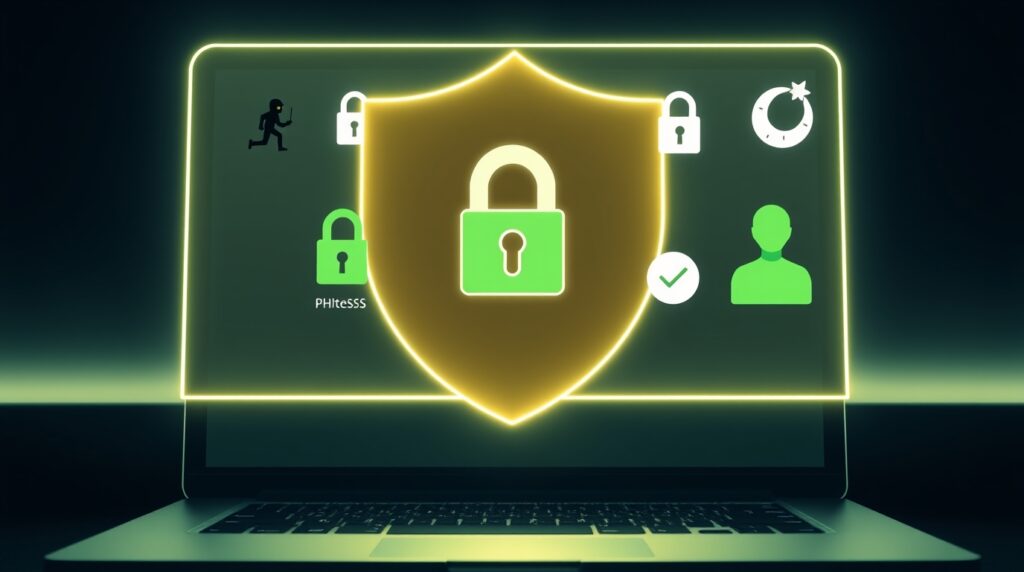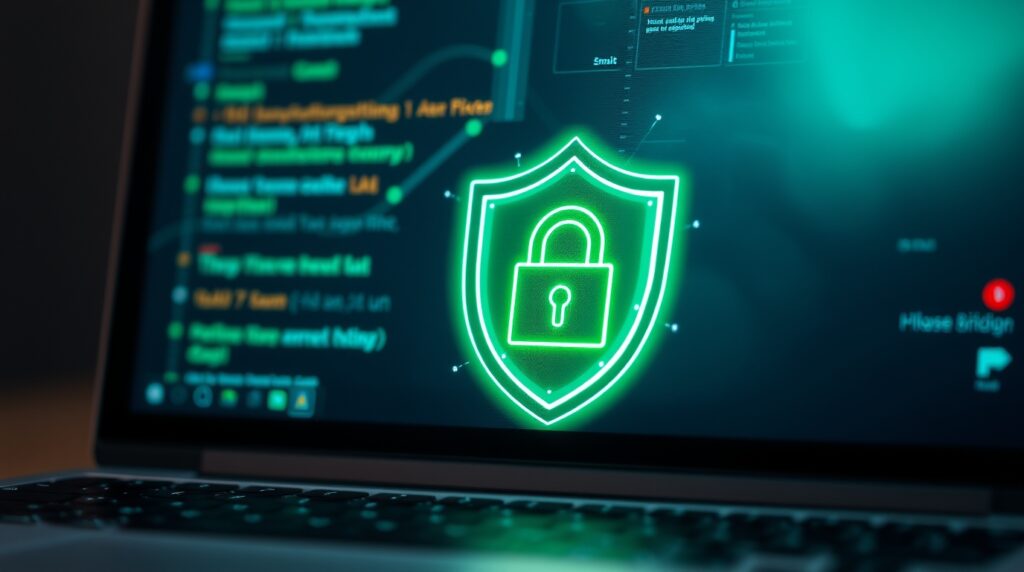
Let’s be honest: computer security sounds intimidating. Between news about ransomware attacks and creepy data breaches, it’s easy to feel like you’re one wrong click away from disaster. But here’s the good news—you don’t need to be a tech genius to stay safe. I’ve spent years helping folks like you dodge digital threats, and today I’m breaking it all down into plain English.
Why Should You Care About Computer Security?
Picture this: You’re sipping coffee, scrolling through emails, and bam—you accidentally open a shady attachment. Suddenly, your files are encrypted, and a hacker demands $500 to unlock them. Scary,right? This isn’t just a plot from a Netflix thriller. Cyberattacks are skyrocketing, with damages projected to hit $10.5 trillion annually by 2025 (Cybersecurity Ventures).
Hackers exploit vulnerabilities in software, weak passwords, and even human psychology to steal data, hijack systems, or demand ransoms. The consequences? Identity theft, financial loss, and irreversible reputational damage. Most attacks prey on simple mistakes we all make. in these cases, Computer Security how you will protect from hackers.
The 4 Biggest Threats You’re Probably Ignoring
- “Harmless” Public Wi-Fi: That free cafe hotspot? It’s like shouting your bank password in a crowded room.
- Password Recycling: Using “Fluffy123” for every account? You’re handing hackers a master key.
- Too-Trusting Syndrome: Clicking links from “your bank” without a second thought? Phishers love that.
- Update Procrastination: Hitting “Remind Me Later” on software updates? That’s leaving your digital doors wide open.
7 Easy Wins to Stop Hackers in Their Tracks

1. Start with Antivirus Software (Yes, Even on Macs)
Think of antivirus tools like a guard dog for your devices. Free options like Avast or AVG work fine for basics, but paid tools like Norton 360 offer extra perks like dark web monitoring. My rule? Never let your antivirus subscription expire.
2. Ditch “Password123” Forever
- The Password Formula: Mix a random word, number, and symbol. Try “Pizza#Rainbow7!” (but don’t actually use that).
- Get a Password Manager: Apps like Dashlane or Bitwarden remember everything for you. Life-changer.
- Turn on 2FA: Even if hackers guess your password, they’ll hit a wall without that texted code.
3. Outsmart Phishing Scams Like a Pro
- Got an urgent email from “PayPal”? Slow down. Check the sender’s email address—scammers often use sneaky typos like “paypa1.com”.
- When in doubt, call the company directly. I once saved my aunt from a fake “Amazon” scam this way.
4. Update Everything. Seriously.
Those annoying “Update Available” pop-ups? They’re like vitamins for your computer. Set your devices to auto-update—you’ll patch security holes without even trying.
5. Lock Down Your Wi-Fi
- Home Network: Change your router’s default password (it’s often “admin”—terrible!).
- Public Wi-Fi: Always use a VPN (I swear by Surfshark for speed). It’s like an invisible cloak for your data.
6. Back Up Like You Mean It
Imagine losing all your photos, tax files, or that novel you’ve been writing. Ouch. Use Google Drive or an external hard drive to back up weekly. Pro tip: Keep one backup offline in case of ransomware.
7. Trust Your Gut
If a website looks sketchy (weird pop-ups, broken English), close it. If a deal seems too good (“Free iPhone!”), it’s a trap. Hackers bank on FOMO—don’t take the bait.
“But I’m Not a Target!” (Spoiler: You Are)
I used to think, “Who’d hack a regular person like me?” Then my neighbor’s Instagram got hijacked to sell fake Ray-Bans. Cybercriminals don’t care if you’re a CEO or a college student—they’ll exploit anyone.
Final Tip: Stay Curious, Not Paranoid
You don’t need to live off-grid in a bunker. Just adopt these habits:
- Run antivirus scans monthly.
- Google “[your name] data breach” to see if your info’s leaked.
- Teach your kids/grandparents basic safety (no sharing passwords over Zoom!).
The goal isn’t perfection—it’s making hackers say, “Ugh, this person’s too much work,” and move on.


